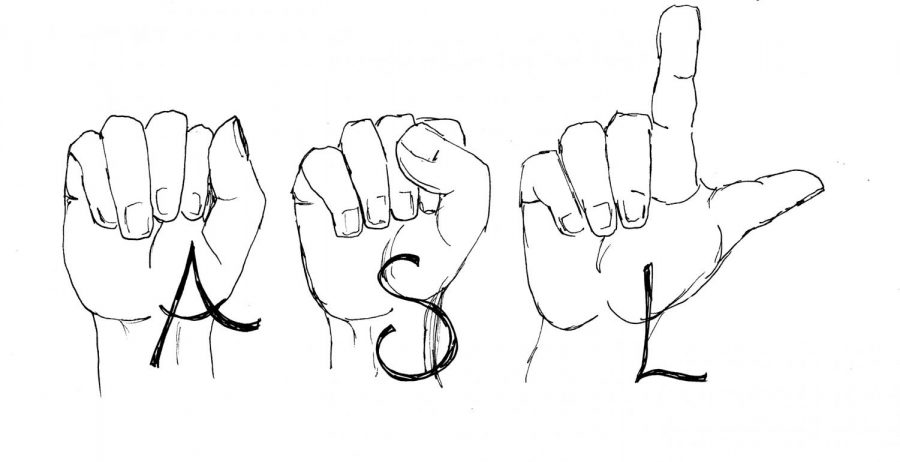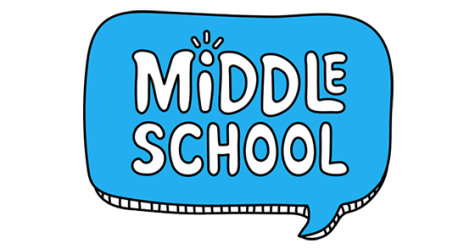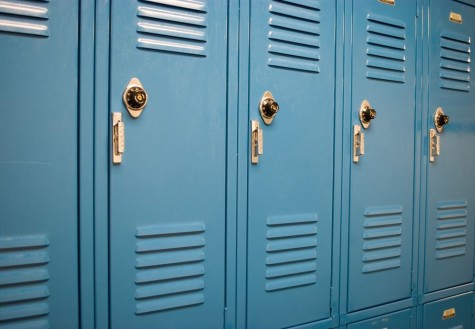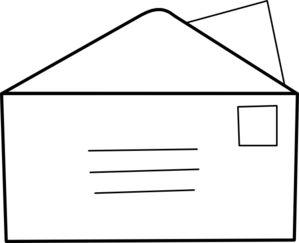ASL at PMS
November 1, 2017
Recently I, Andrea Rodriguez, had an intriguing interview with Ms. Sabia, the assistant principal of Pelham Middle School. The interview was based on sign language programs being implemented in the curriculum of schools across the country. My purpose was to get the point of view of a faculty member in a high position.
After watching a popular TV show, Switched at Birth, I came up with the idea to do an interview based on the experiences and needs of the deaf and blind. Sign language is a way for those who are deaf and blind to communicate. Currently, more than 70 million people use sign language.
Furthermore, it especially caught my attention when I found out that education about sign language was very scarce. Afterwards, I conducted more research and discovered that many schools across the country, are in debate whether to add a sign language program to their school’s curriculum. All of these reasons contributed to the purpose of my interview, and helped me realize the many important things people need to informed about.
The following, are both my questions (AR) and answers (MS) during my interview with Ms.Sabia:
AR: Have you ever considered adding an ASL program to our school? Why or why not?
MS: “ Yes, there are a lot of things that go into adding a program, all that have to do with budgets, and certainly over my head. We could look into doing some type of club. In a previous district I was in we did have ASL as a club, and we reached out and we were partnered with New York School of the Deaf. We did many activities, and I personally thought it was a great program.”
AR: If implemented, what are some ways you think an ASL program would benefit our school?
MS: “Well I think it could benefit our school in a few ways. I think learning something new is great, and understanding the challenges that somebody might have, who is not a hearing person. As well as being able to brighten up somebody’s day by being able to communicate with them.’
AR: If we were to add a ASL program to the school, do you think it would become a foreign language, or a special program for those who are deaf?
MS: “I think that if we added something it could be considered a foreign language, because it of course is an actual language, but like anything else it would be all tied up with the finances.”
AR: Do you believe a deaf or ASL program would bring to many disadvantages to our school, including commotion? If so how do you think the hearing students would be impacted by this?
MS: “No, I think anytime you add a program, I think the biggest consideration is a financial consideration to the district. I think the hearing students will only be impacted positively. I think they will be able to communicate in so many ways: through music, and now days you teens with social media. I think that the main idea is mostly communicating with others and understanding the many differences.”
AR: In the outside world there are many differences between the deaf and the hearing, if we were to add a deaf or ASL program to our school do you think that would help change communication between those who are deaf and those who are hearing?
MS: “Sure, you know we have a few students who have what is called a Cochlear Implant and that helps them hear, but we don’t have anyone who is not hearing. Though if we did have students that are non hearing, we would absolutely have to find a way to communicate with them.”
AR: Do you think ASL is a primary code of communication? Do you think it would be useful for the students in the outside world? Explain?
MS: “ I don’t think it is now, for people that are hearing, but I think it could be. You know people are now using hand gestures, so I think that there are universal concepts that people will understand, but I don’t think it is as well known to the hearing population. I personally don’t think hearing students would apply it to the outside world. Not unless they had somebody that either understood the language or knew it. It is like any other language, if you don’t use at one point you forget it.”
Overall, I would say that my interview with Ms. Sabia was very productive and successful! I do think that everyone has their own opinion about topics like this, and I am glad I got to hear the perspective of someone with a high position at Pelham Middle School.











